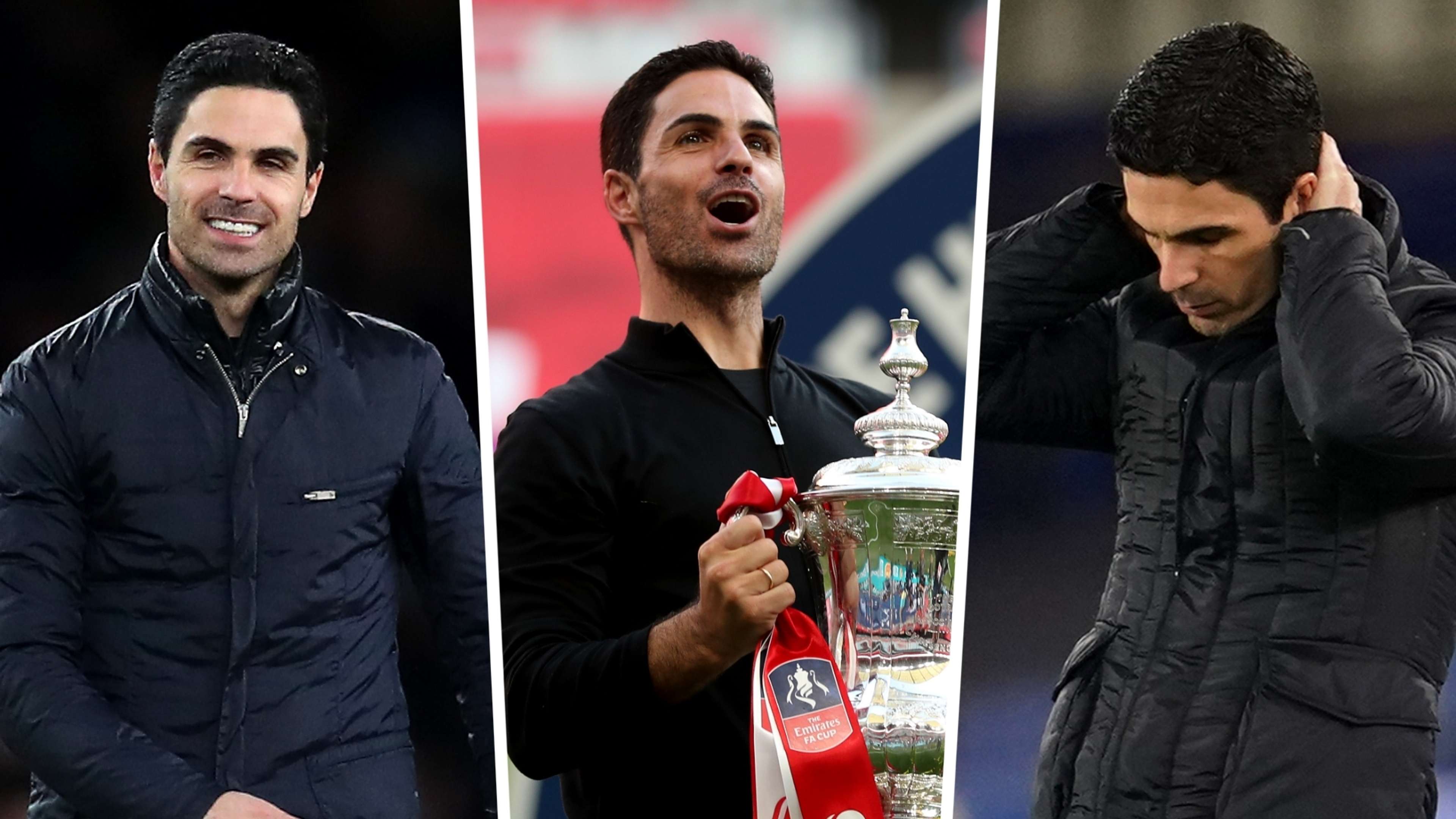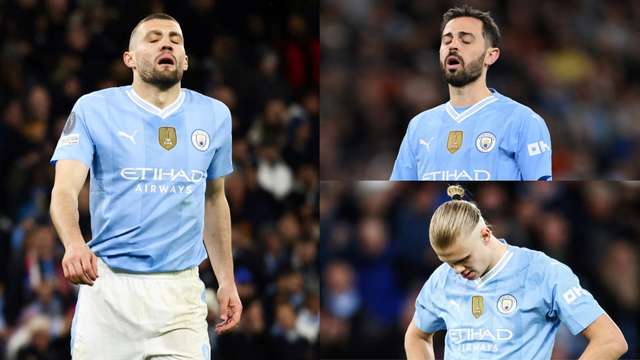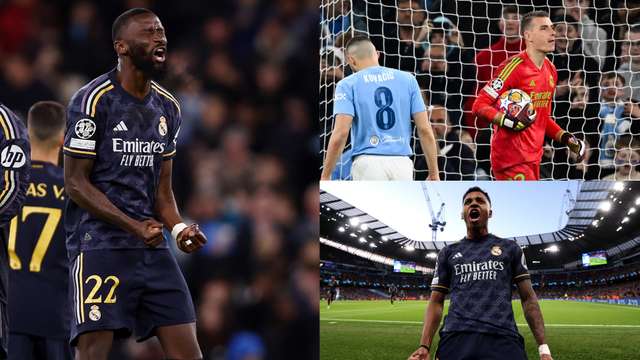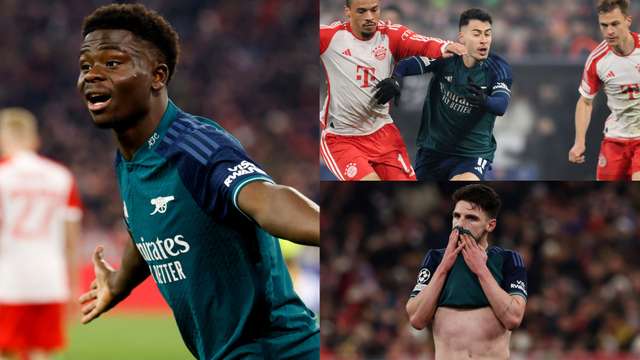It has been a year like no other.
When Mikel Arteta took his seat in the stands at Goodison Park last December and prepared to watch his Arsenal side for the first time, he could never have predicted what was to come.
It has only been 12 months since that 0-0 draw on Merseyside, but what has gone on since then could quite easily have filled the entire CV of an experienced manager’s career.
“I have experienced things in a year that in a normal job you would experience in 10,” Arteta said. “It has been one of the most challenging years in the club’s history for many, many reasons.”
Arsenal were 10th in the Premier League when Arteta replaced Unai Emery on December 20 last year, exactly 12 months on they now sit 15th.
Next Match
Saturday's defeat to Everton plunged Arteta and his side further into crisis; their lacklustre showing the latest low in a season that has been full of them.
It is easy to look at that and think that nothing has changed; that Arsenal are as much of a mess now as they were when Arteta took over.
But it is not as simple as that, and what has gone on during the past 12 months have to be taken into account when assessing the Spaniard’s tenure so far.
It must also be noted that the FA Cup was won for a record 14th time in August and that was followed up by success in the Community Shield just a few weeks later.
“It’s a team that has evolved a lot in many areas,” Arteta said, when asked to describe how he sees his side now compared to the one he inherited just before Christmas last year.
“When I look at what we are doing right now I can see a lot of changes, but results wise in recent weeks we’ve been nowhere near, so I think this is taking the gloss off what we’ve done in the year. It’s a shame but, at the same time, it’s our reality.”
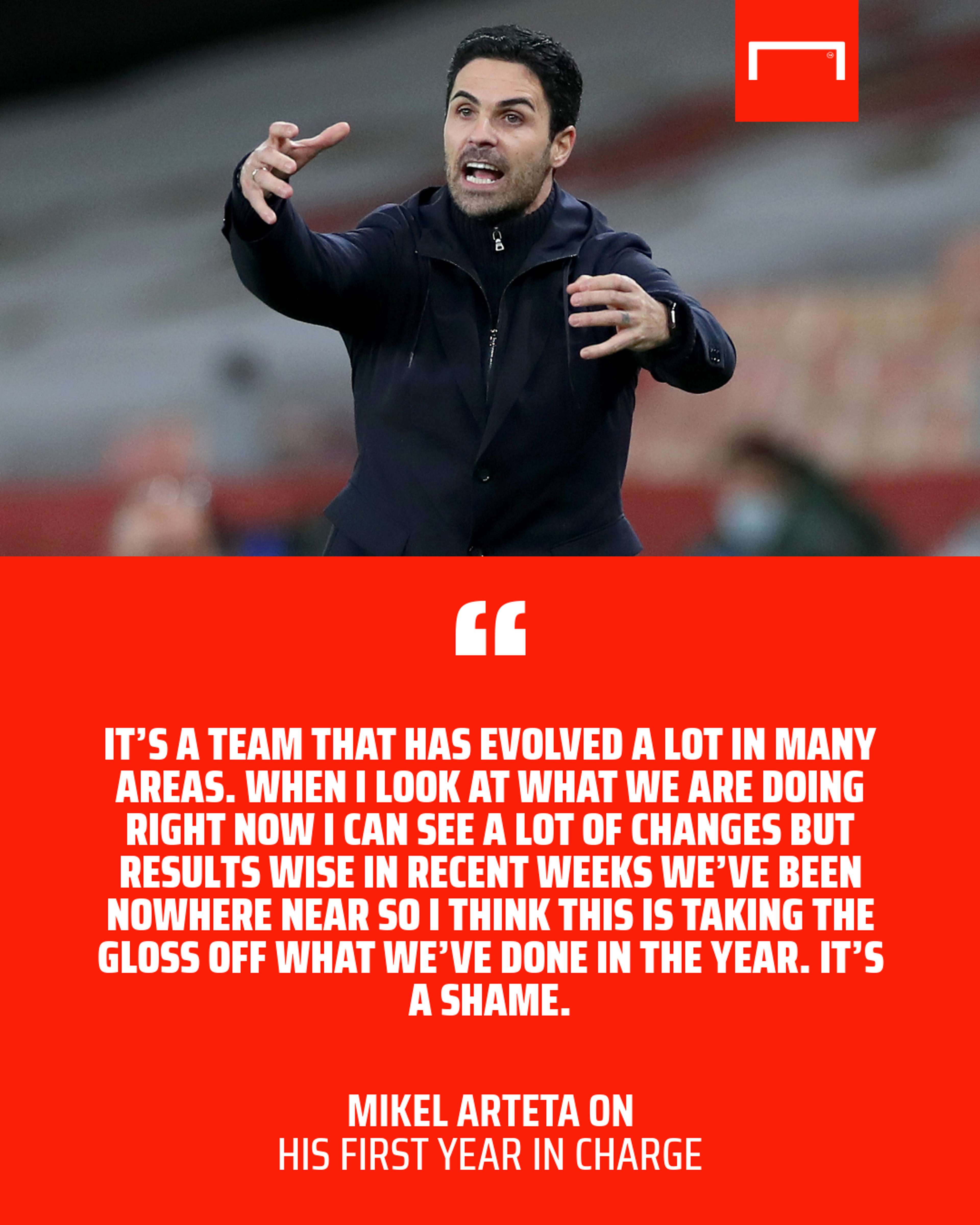
When Arteta walked through the doors at the Emirates Stadium last year and sat down to face the media having been confirmed as Emery’s replacement, he was well aware of the challenge in front of him.
Just a few days earlier he had seen first hand the state Arsenal were in while he sat next to Pep Guardiola on the visitors’ bench as Manchester City had cruised to a 3-0 win in front of a dejected Emirates crowd.
Over the coming weeks, Arteta set about lifting the mood at Arsenal and from the turn of the year the work he was doing started to bear fruit.
Arsenal remained unbeaten domestically from New Year’s Day right through until March, when football came to a shuddering halt due to the coronavirus pandemic.
It was Arteta’s positive test for Covid-19 on March 12 which prompted the shut down, with football across the country being cancelled until further notice. It would not start again until June.
And those lockdown months were arguably the toughest of Arteta’s tenure so far. He had highly sensitive talks over player wage cuts to oversee as the club’s finances tanked due to lockdown.
That would have been a difficult situation to handle for any manager, let alone one who had only just started in his first ever job.
But he handled the situation well, with sources at Arsenal indicating that his influence played a major role in the players eventually agreeing to the 12.5 per cent cut, which came into effect in April.
It was an indication of how much of an impression Arteta had made on his group of players in such a short space of time, as was the role he played in convincing Pierre-Emerick Aubameyang to agree to his new long-term contract later in the summer.
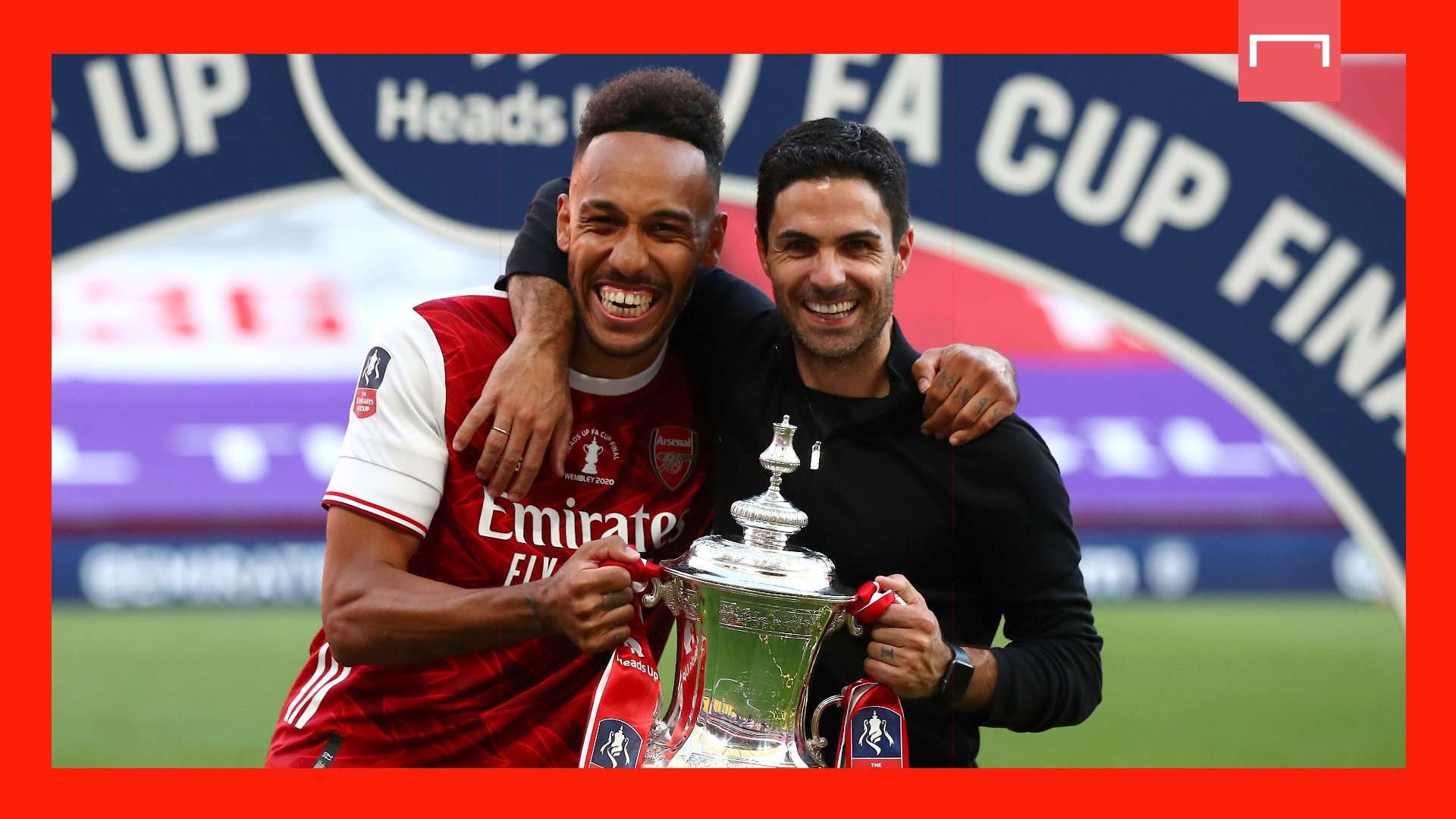
There was a sense of belief around Arsenal that had been lacking before Arteta arrived, and the remarkable run to the FA Cup final once football returned highlighted the improvement that had been made.
Victory over Chelsea in the final at Wembley was undoubtedly the biggest high of Arteta’s tenure so far and there was a real sense of optimism about what could be to come this season when it was followed up by victory over champions Liverpool in the Community Shield.
So high was Arteta’s stock that he earned himself a promotion, with his job title being upgraded from head coach to manager.
But the high of Wembley now feels like a long time ago following a miserable start to the season which has left Arsenal languishing just a couple of places above the relegation zone in the Premier League.
The fact that there are some who are now calling for Arteta to be sacked shows how far his star has fallen in just a short space of time.
“We have made a lot of progress and implemented a lot of positive things that have worked really well,” Arteta said, while assessing his first 12 months in charge.
“It could have been a really, really positive year but we have to accept that our Premier League form in recent weeks has not been good enough for this football club.”
The squad Arteta inherited at Arsenal brought with it many challenges, and the club’s failure to move some players on during the summer transfer window has certainly contributed to the problems we are seeing on the pitch right now.
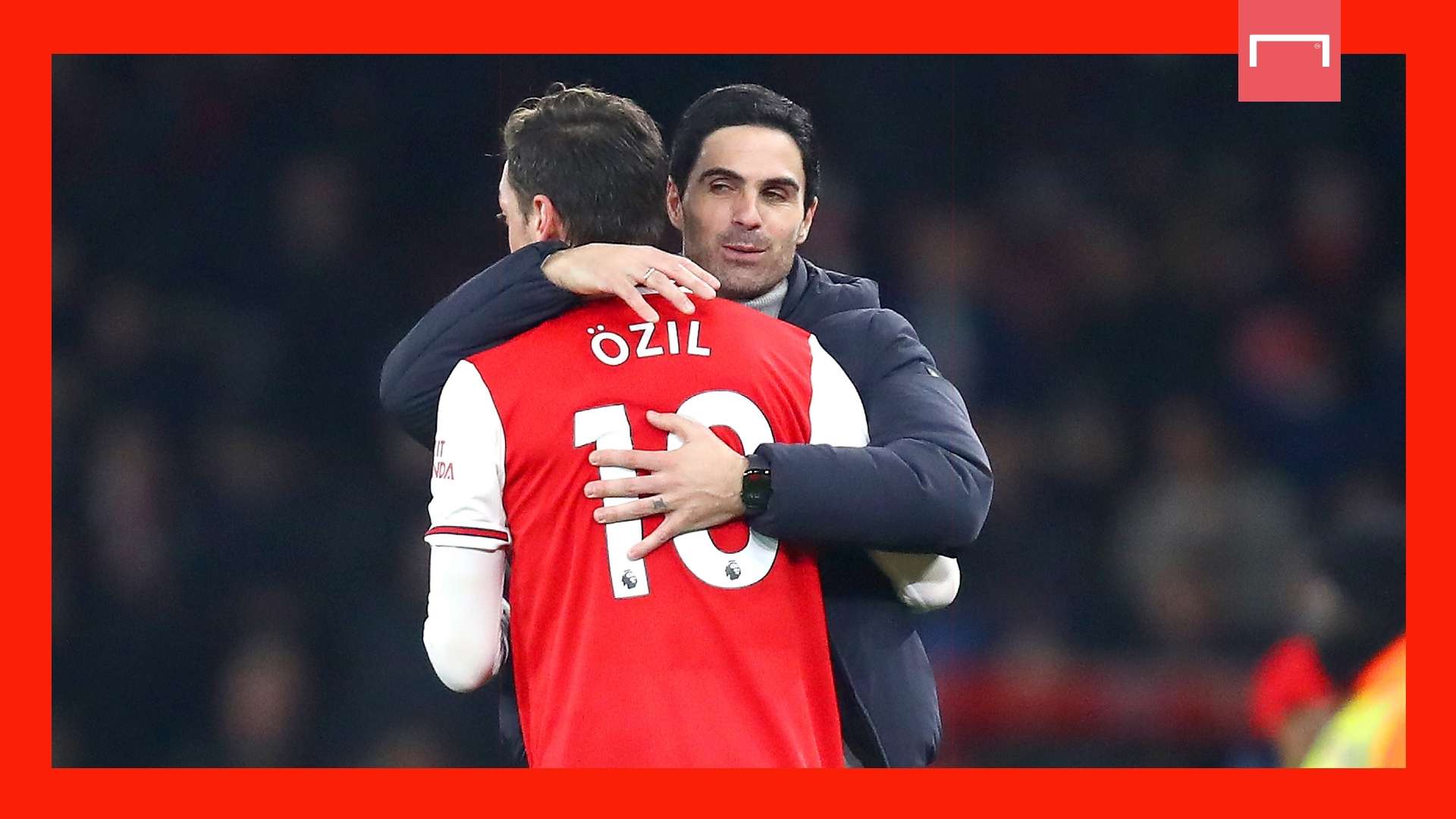 Getty/Goal
Getty/Goal
While there was unity behind the scenes during the first half of his tenure, there is now some mistrust and discontent. Arteta’s decision to leave out Mesut Ozil has not gone down well with everyone, while there are some players who feel others in the squad get preferential treatment from the Spaniard.
When you are trying to push through the type of changes Arteta is, then issues with unhappy players are always going to arise. How he handles the situation over the coming months will go a long way to determining whether he can haul himself out of the trouble he now finds himself in.
Publicly, Arsenal continue to back their young manager. “I think with him we have got a really, really powerful individual,” managing director Vinai Venkatesham stated just last week.
But for ‘Project Arteta’ to continue on track, he will know he has to quickly find a way of winning football matches. Backing from above or not, only one thing will keep him in a job for the long-term: results.
For now, the doubts over Arteta and his ability to halt Arsenal’s current slide continue to grow.
Can he find a solution to the creativity problem that has plagued his side this season? Can he solve the disciplinary issues that are becoming a recurring theme of his tenure? Will he give youth a chance instead of continuing to opt for senior players who have been woefully out of form?
Those are questions that will be answered over the coming weeks and months as Arsenal look to salvage a season that started with so much optimism, but has quickly descended into chaos.
The first year of Arteta’s stay at Arsenal has been one of extreme highs and intense lows. The second will perhaps be the one that ultimately determines how he goes on to be remembered.
